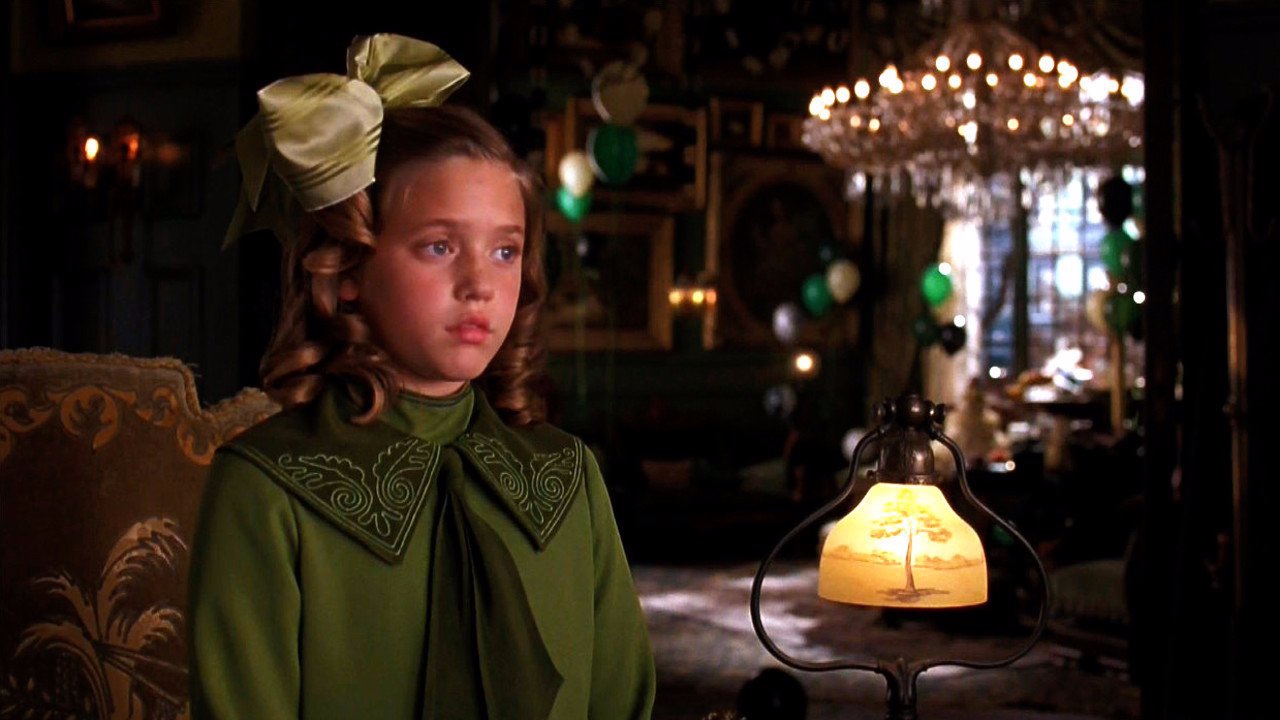Ain't Love Grand: Alfonso Cuarón’s Great Expectations (1998)
In the canon of films by the great Mexican director Alfonso Cuarón, few would place Great Expectations at the top of their list. Many have probably forgotten that he even made the film. There are many aspects to admire, though — the music, a vastly underrated Ethan Hawke performance, and the use of the color green. More importantly, the 1998 modern adaptation of the Charles Dickens novel is a fascinating film that inadvertently caused a creative reset for the director after its disappointing release.
In 2016, Cuarón sat down at the Tribeca Film Festival and described Great Expectations as a “complete failed film.” He went on to say that, “the script wasn’t there. I got cocky in the sense that we can convey this visually. We can compensate visually.” So, while the creative team behind the film didn’t feel like they connected to the story and characters, they set out to make an artistic feast that was heavy on atmosphere. When their experiment failed to satisfy them creatively, Cuarón and his longtime cinematographer Emmanuel Lubezki went back to the drawing board. For their next collaboration, Cuarón and Lubezki pared things back and made the classic Mexican road trip film, Y Tu Mamá También, which put the director back in the good graces of critics and those who hand out awards.
The story of Great Expectations has been loosely adapted from the Dickens novel, changing the locale from Victorian England to a neo-Gothic mansion in Florida in the ‘90s. The most significant alteration in the adaption was the choice to make it less about a young man’s coming of age and more about Finn’s (Ethan Hawke and the character of Pip in the novel) obsession with the love of his life, Estella (Gwyneth Paltrow), a woman who has been trained to break the hearts of men since she was a little girl. This may seem inconsequential at first glance, but the thematic focus of the film hovers more around the artistic idea that passion cannot be stopped, even if it kills you.
Nora Dinsmoor (Anne Bancroft), the elderly spinster raising Estella that fills in for Miss Havisham in the Dickens story, dishes out sage advice to the young Finn at the beginning of the story. “She’ll only break your heart.” And she continues later, “and even though I warn you and guarantee that the girl will only hurt you terribly, you'll still pursue her.” This emotional and quite cynical throughline translates mostly through the masterful visuals and soundtrack (featuring Iggy Pop, Chris Cornell, and The Verve Pipe) that feels like a nostalgia bomb for those in the appropriate age range.
Once the viewer gets used to the notion that character motivation and story structure will be taking a backseat to everything else, there is such a bountiful amount of technical aspects to chew on. This is a filmmaker not yet at the top of his game, establishing a bag of tricks that very much feel like diamonds in the rough.
The scene in which Finn charges down the street in the rain to find Estella at a restaurant may lack a motivation that feels earned (is he running in the rain because it looks great or does he really need to get to her ASAP?), but it’s simply enchanting to experience. Do moments like these from the film feel like fragrance commercials and not an actually scene? Once the emotion sinks in though, it almost doesn’t matter.
A lot can be learned from a misfire. When the strings are showing in a piece of art, they can be traced back to an honest artistic expression that may not be polished, but can be true and in many situations, breathtaking. And even when the writing may seem hollow at times, the vision by the filmmakers on Great Expectations is a constant marvel.
To Cuarón’s credit, Great Expectations is a beautiful statement about how love can break down even the bravest lovers. Anne Bancroft, with her broken cracks of makeup on her weathered face, said it best as she cackles with a large dose of melancholy, “Ain’t love grand?”
Cuarón moved on to greater heights after this with his greatest works possibly still ahead of him, yet this Dickens adaptation proves that unbridled brilliance is still a worthy entertainment. Because if there is one truth that this film brings to light is that love is, in fact, grand.














